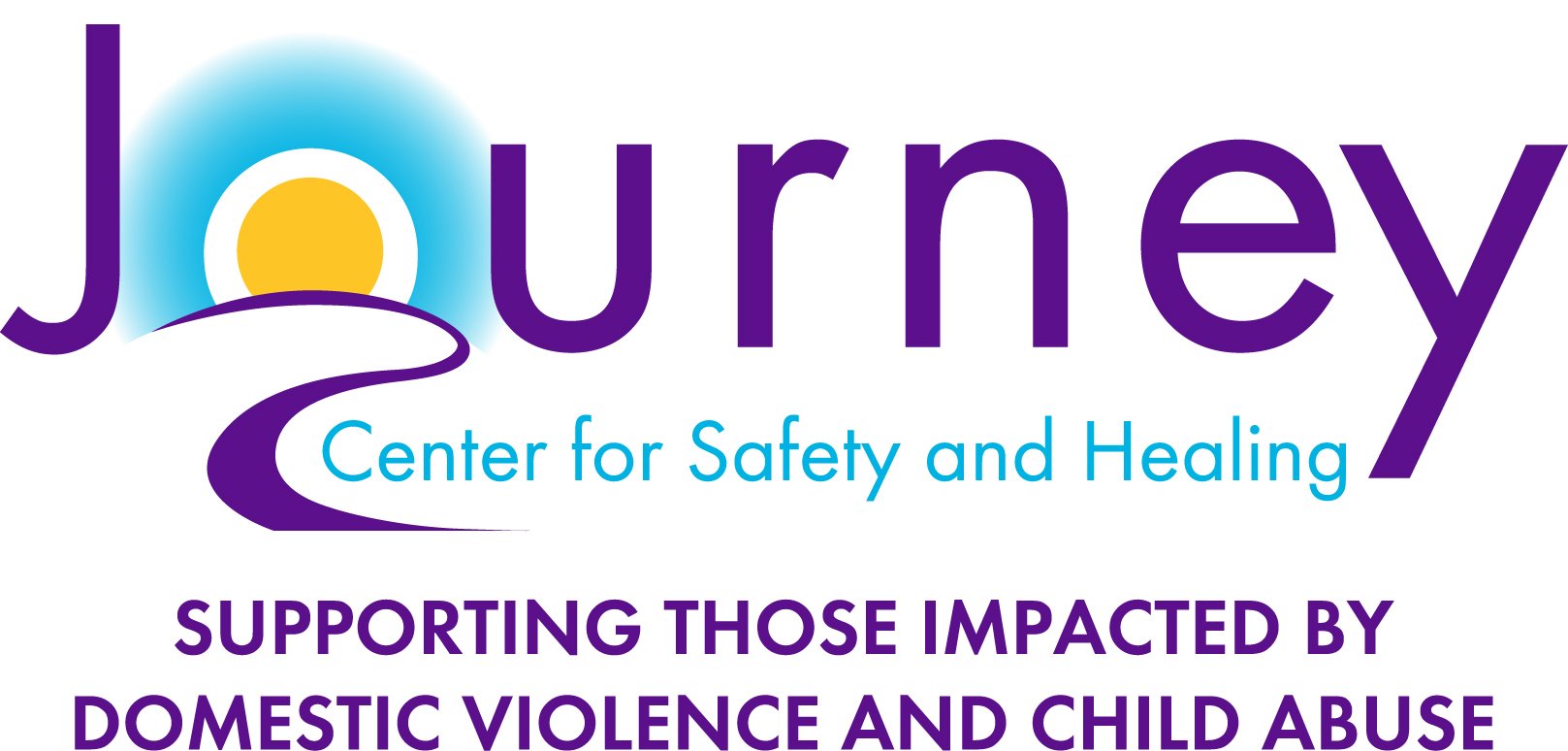The forgotten survivors of domestic abuse need pandemic support, too
CLEVELAND -- As Congress passes another coronavirus relief package, millions of unemployed workers remain waiting for the help they desperately need. For immigrant survivors of domestic violence, waiting for help in a time of need is nothing new.
More than 20 years ago, Congress created U nonimmigrant status (U visa) for immigrant victims of certain crimes who assist law enforcement with investigating and/or prosecuting the crimes of their abusers. This special protection removes the threat of deportation from victims who report their abusers to government authorities. Ultimately, the goal of the U visa — which was passed in the bipartisan “Victims of Trafficking and Violence Protection Act” — was to facilitate more effective law enforcement.
The federal government can grant a maximum of 10,000 U visas each year. But every year, more than 10,000 people apply because the program is successful at removing fear of deportation and improving law-enforcement efforts. Vulnerable survivors may wait upwards of four years to receive any form of protection from deportation.
In the meantime, an immigrant survivor with a pending U visa application remains an undocumented immigrant. She is ineligible for nearly all forms of public assistance, and she cannot enroll in Medicaid. CARES Act relief programs are not available to her. Without a stable income or access to any form of public relief, she becomes exceedingly vulnerable to poverty and revictimization.
Imagine living this reality, and then losing your job due to the pandemic. Or, feeling forced to continue working at a job where you face a heightened risk of contracting COVID-19. Immigrants disproportionately work either in industries essential to the fight against the pandemic or in the industries suffering most from the pandemic’s economic impact. And, according to the National Task force to End Sexual & Domestic Violence, domestic violence has surged throughout the United States.
At the end of September 2019, nearly 240,000 immigrant survivors nationwide were waiting for decisions on their U visa applications. Here in Cleveland, nearly half of the 123 new immigration cases our Legal Aid Society opened in the past year involved a client who is a victim of crime. Journey Center for Safety and Healing, which provides services to victims of domestic violence, served 100 immigrant women in 2019 and has already served 81 immigrant women in 2020.
In Ohio and around the country, immigrant survivors’ need for help is urgent. In response, several states and cities have created COVID-19 relief funds available to all, regardless of immigration status. Their approaches have varied from public-private partnerships to setting aside portions of their federal COVID-19 aid money. By contrast, immigrant survivors in Ohio have no support from the local authorities they help investigate serious crimes of violence and human trafficking.
Our government has recognized the essential role immigrants play in law enforcement. Now, immigrant survivors with pending U visa applications can’t wait any longer to be treated with dignity. They’ve waited long enough.
